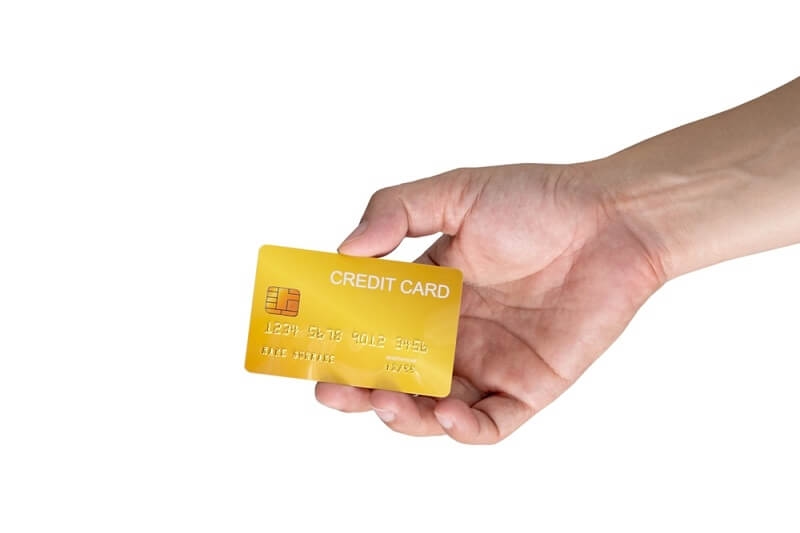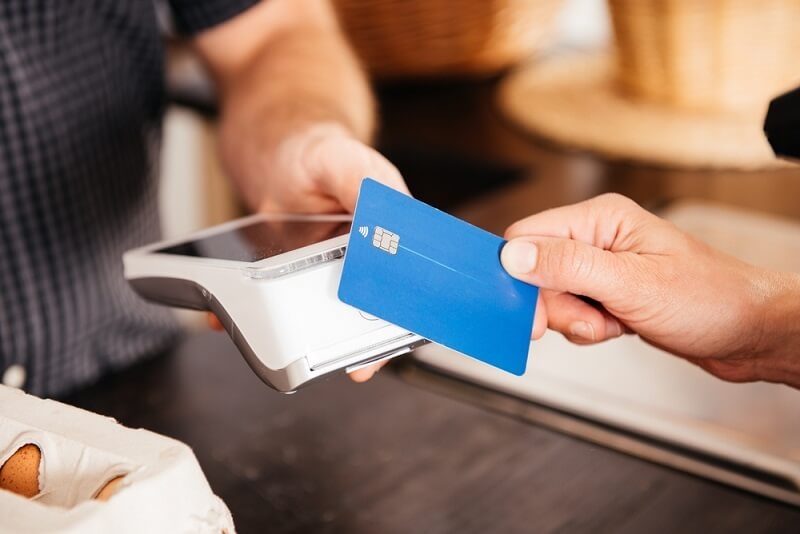
Learning to use a credit card appropriately is one of the best financial habits you can develop. Using a credit card wisely enables you to build credit, earn rewards, and manage your spending effectively. However, misusing credit cards can lead to accumulating balances and having a negative credit history. Practicing credit card responsibility and avoiding credit card debt will serve you well as an invaluable financial habit for stability.
If you don't have experience with credit cards or want to increase your confidence with money management, specific credit card management and decision-making processes can be easier. If you increase your spending management, you can reap rewards from credit, enjoy permanent benefits, and not fall prey to time-honored financial traps.
Credit cards can be beneficial—but only if used responsibly. Using a credit card responsibly is essential for building a good credit history—and that will make it easier to obtain loans, qualify for favorable interest rates, and rent an apartment.
Using your credit card responsibly will also instill discipline and financial awareness. You will keep track of your spending and budget and learn to prioritize making payments on time. On the other hand, if you tend to overspend and/or pay your balance late, credit card debt can accumulate quickly, making it difficult to make the payment due to high interest rates.
Once an individual learns to think in terms of responsible credit card use, it can be gratifying initially. Typically, the consumer then embarks on a path to a more confident and stable financial future.

Practicing smart spending habits allows you to use your card as a valuable financial resource rather than a source of debt. With that in mind, here are a few essential habits you can develop:
These habits not only reinforce responsible use of a credit card but also help maintain your control over your finances while still allowing you to use a credit card.
How you manage your credit payments plays a significant role in your credit health. These tips can help you stay on track with your payments and avoid late charges.
If you consistently pay attention to these credit card payment tips, it helps develop solid financial habits and reinforces how to use a credit card wisely.
Balancing multiple credit cards can be disorienting and intimidating. Being neat and understanding how to manage your cards effectively will enable you to save time and effort while also minimizing stress levels.
The following are some of the steps to help you remain organized and be responsible with your cards:
Practical management skills enable you to utilize multiple credit cards to your advantage, maximizing benefits while minimizing risks. The steps listed above outline a responsible manner of using credit cards, regardless of the number you have.
One of the most significant challenges in using a credit card wisely is avoiding credit card debt. Without a doubt, it is easy to succumb to the allure of plastic, but debt can accumulate quickly.
To remain financially responsible:
Avoiding misguided debt is a crucial factor in using credit responsibly, and it will bring you peace of mind.
Wise use of credit cards can increase your credit score. Making every payment on time and making good decisions empowers your creditworthiness.
Adhere to the credit-friendly practices:
These habits will not only help you avoid credit card debt but also improve your financial well-being.
Emergencies sometimes arise, and the need to use a credit card becomes unavoidable. The trick is being smart in spending and disciplined in cases like these.
Here’s what you can do:
With preparedness and planning, it will be less challenging to overcome unexpected financial circumstances and not ruin your credit.
The best part about understanding how to use a credit card wisely is that it empowers you to control your financial journey. When you approach credit with discipline and awareness, it becomes a valuable ally rather than a burden.
Keep these golden rules in mind:
Incorporating smart spending habits and consistent monitoring ensures your financial growth stays steady.
Learning how to use a credit card wisely means developing balance, discipline, and long-term awareness. With responsible credit card use, thoughtful spending, and consistent payments, you can avoid debt and strengthen your credit profile. Please practice these credit card payment tips to help you manage your finances effectively and secure a stable future.
This content was created by AI